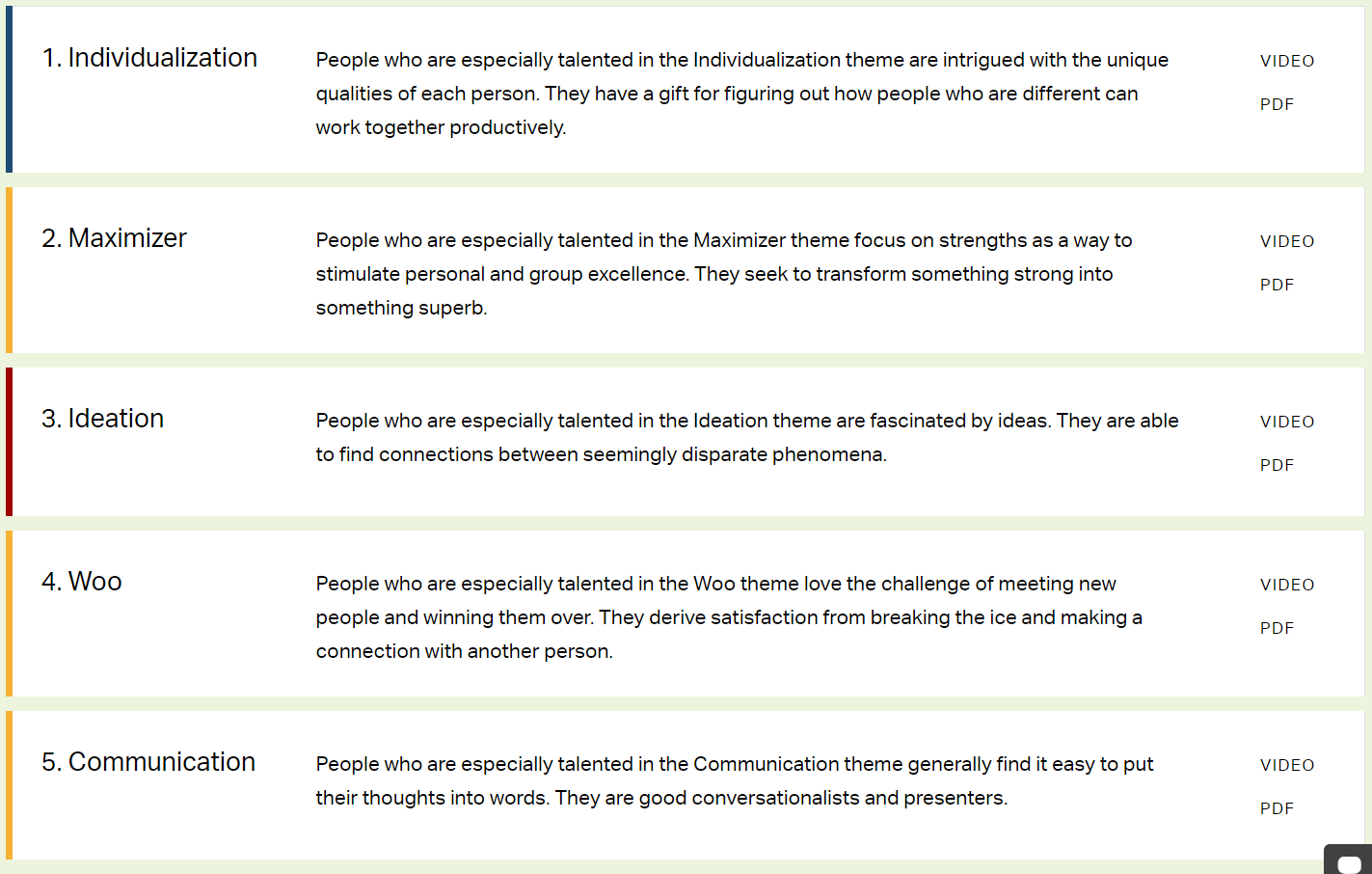Starting this year my writing frequency went significantly down. Last year I wrote 70 posts. This year we are in April and this is my 9th post. Assuming uniformed distribution of posts and no growth in the number of posts, this should be my 18th post.
The main reason of this is I moved to a new apartment. I had no desk for three months and this cut my habit of writing. This even impacted my ability to write on mobile although almost 30-50% of my writing happens on mobile.
I don’t have a rhythm or schedule for writing. I write whenever I feel comfortable. I also don’t care about quantity vs quality. I am just trying to build a habit of writing because it has multiple benefits.
It is a form of therapy especially for an extroverted person such as myself. It improves my communication skills, since the more I write, the more mistakes I commit, and the better I get at it. It helps me meet new people, I sometimes get contacted by people because they read something I wrote. And it has some career benefits even though the blog is not 100% about my professional life.
I recently wrote about loneliness and its impact on productivity specially for newly migrated workers. I am working in an international environment and I can see it among almost everyone. I don’t know why no one is talking about it enough. I didn’t finish my thoughts and ended up not publishing the post. The tl;dr version is that if I have a company with internationals, I will make sure to track their loneliness, I argue this is one of the biggest factors of low performance/high attrition for newcomers from abroad. I hope to see some studies about it or someone talking openly about it.
I recently finished two books “Sapiens”, and “Ready Player One”.
I liked Sapiens a lot. It was shocking in some areas. I liked how Harari mixed fundamental theories of how history progressed with well known stories and modern day examples. This made the book easy to read, however it made it time bound. The book will be obsolete in 10-20 years. Another problem with the book is he mocks almost every religion in a relatively disrespectful way. My Muslim friends said he is biased against Muslims, when I read it carefully, I found he is biased against everyone. However, he never mentions the Jews or the Jewish religion sarcastically as he did with the rest. My hypothesis is he had to be politically correct since he is Isareli and the book is originally written in Hebrew, otherwise my friends are right and he is biased against certain religions.
Ready player one is the first English fiction book I read. I tried with other fiction books but got bored quickly. It was easier to finish this because it was about a dystopian technological world, which is highly relevant to my interests in technology. If you have fiction book recommendations, shoot them along my way.
As you saw in the title, this post is about random thoughts. I wrote to it to try to get back to my writing habit without thinking too much of a post’s content. Now you have reached the end. Until next post.
